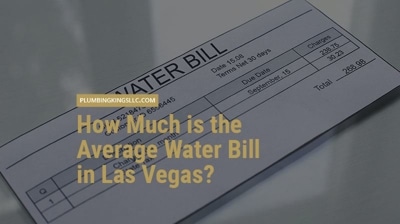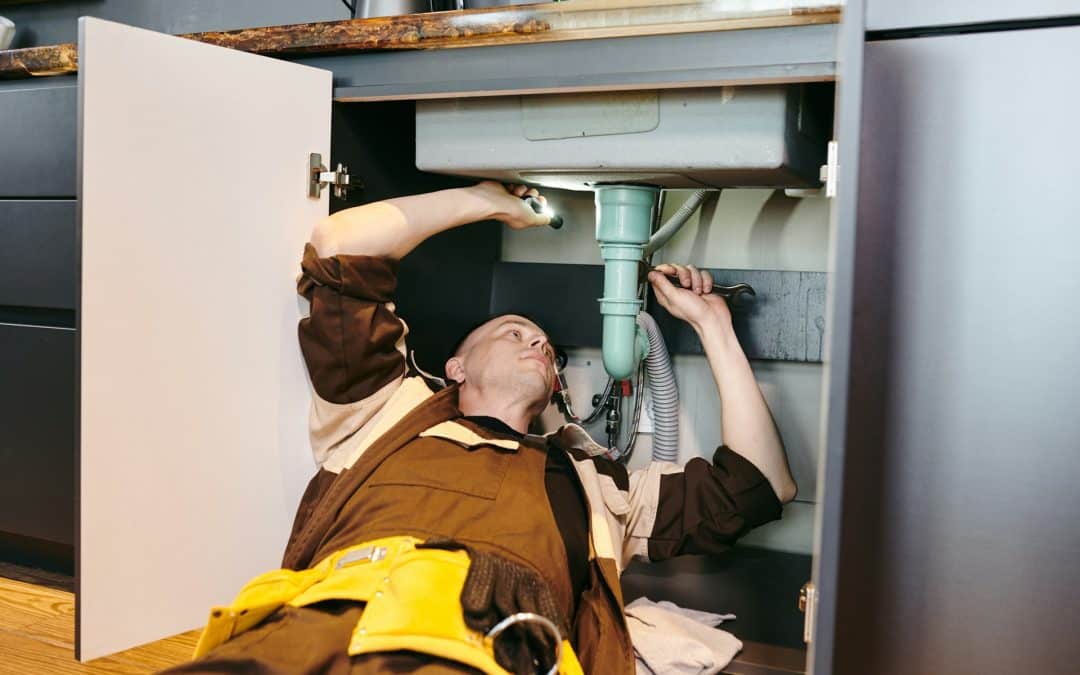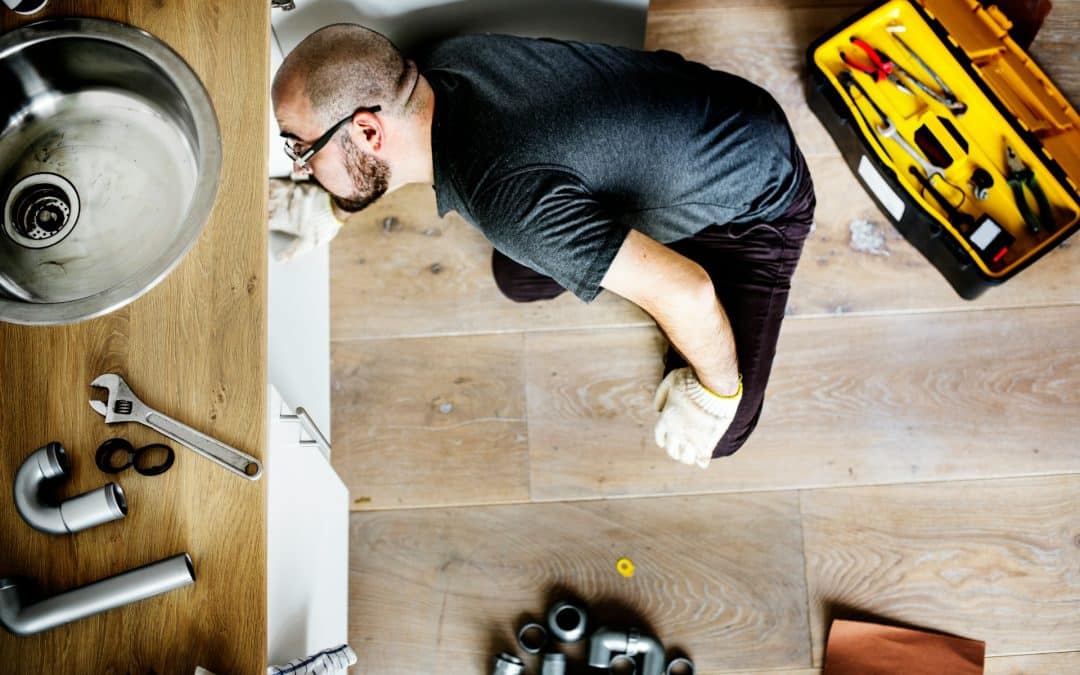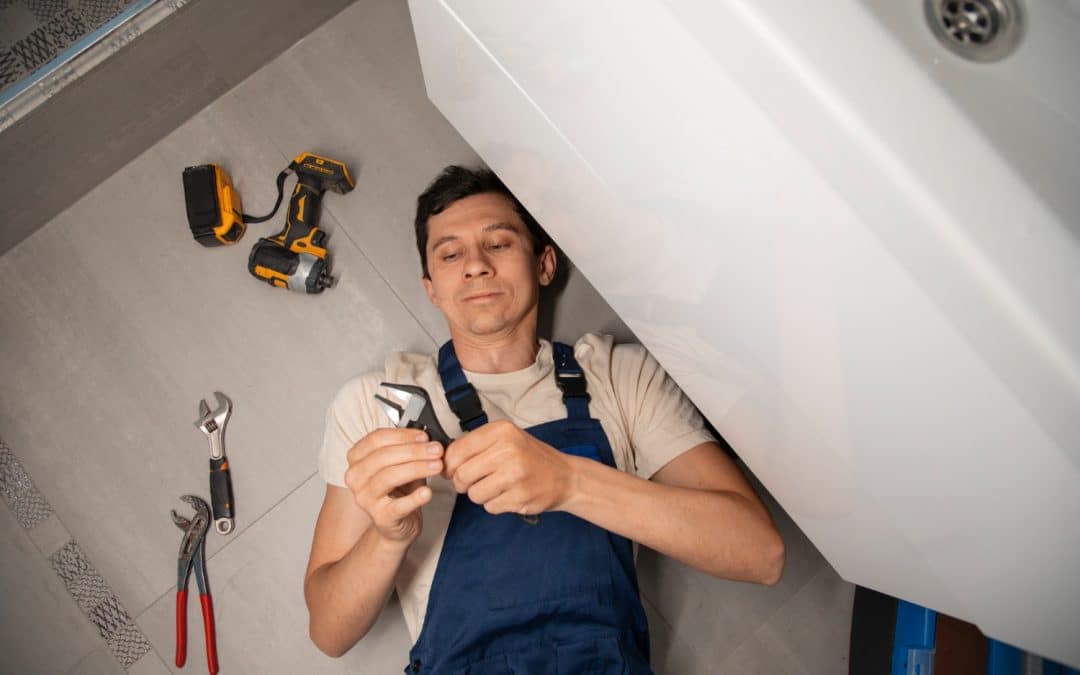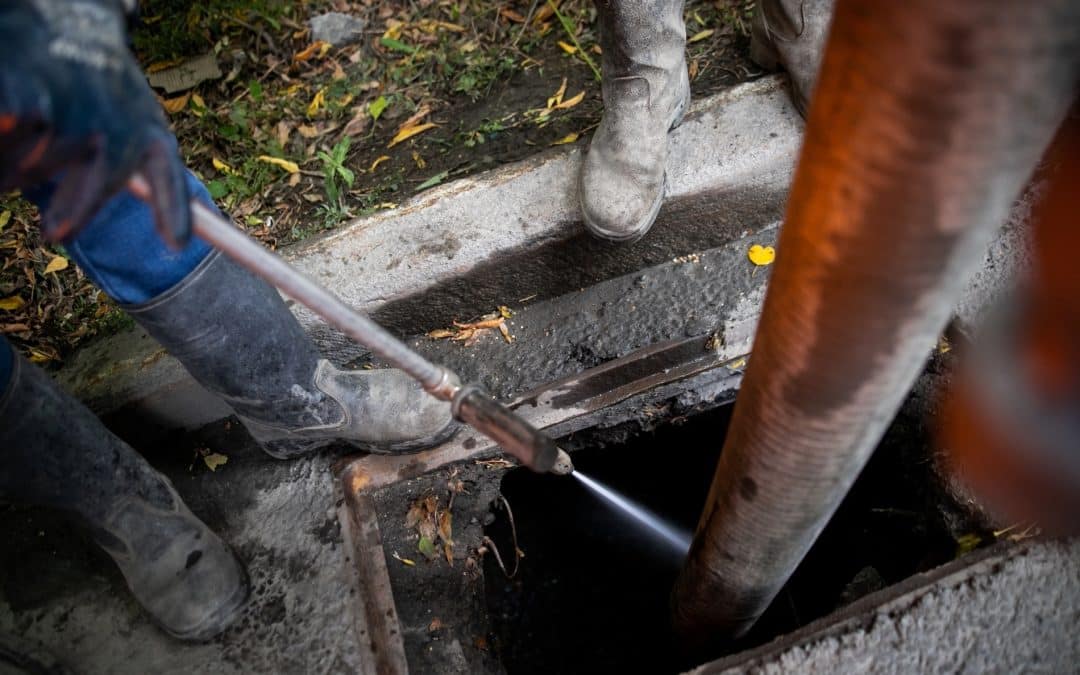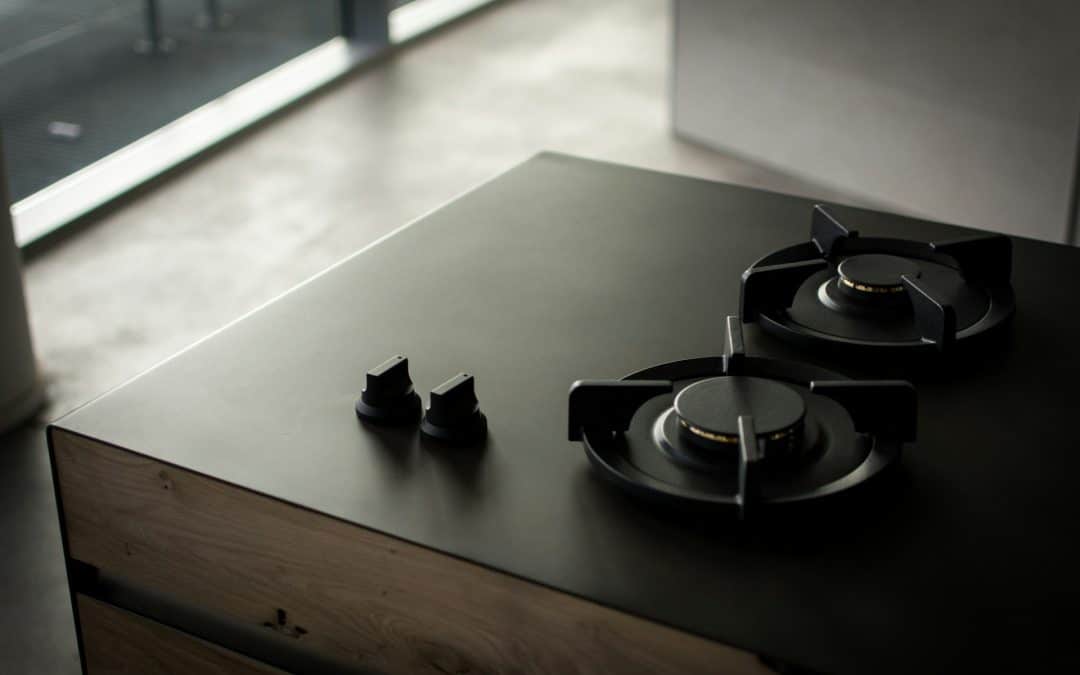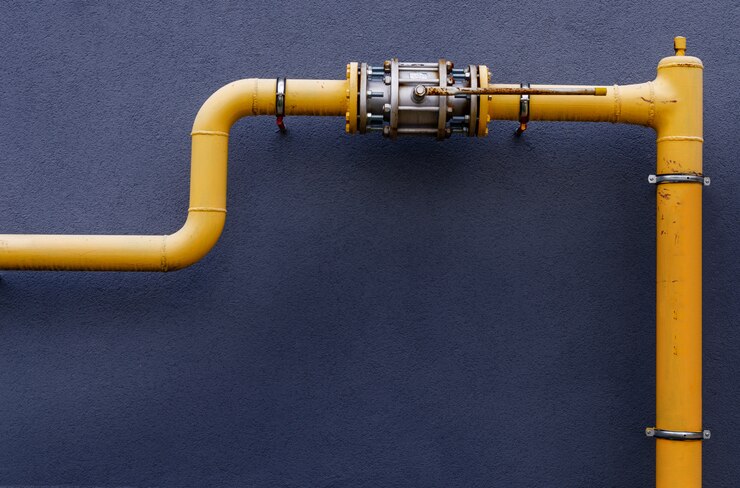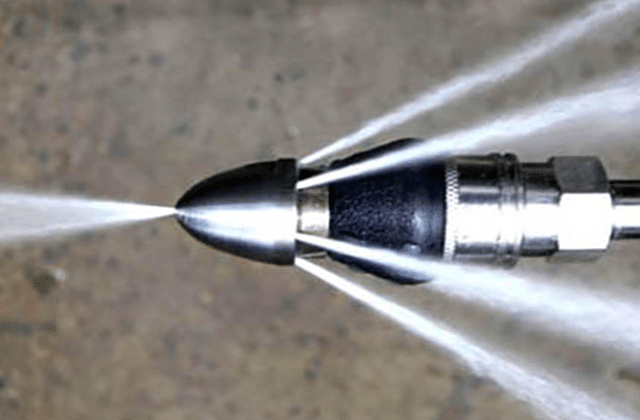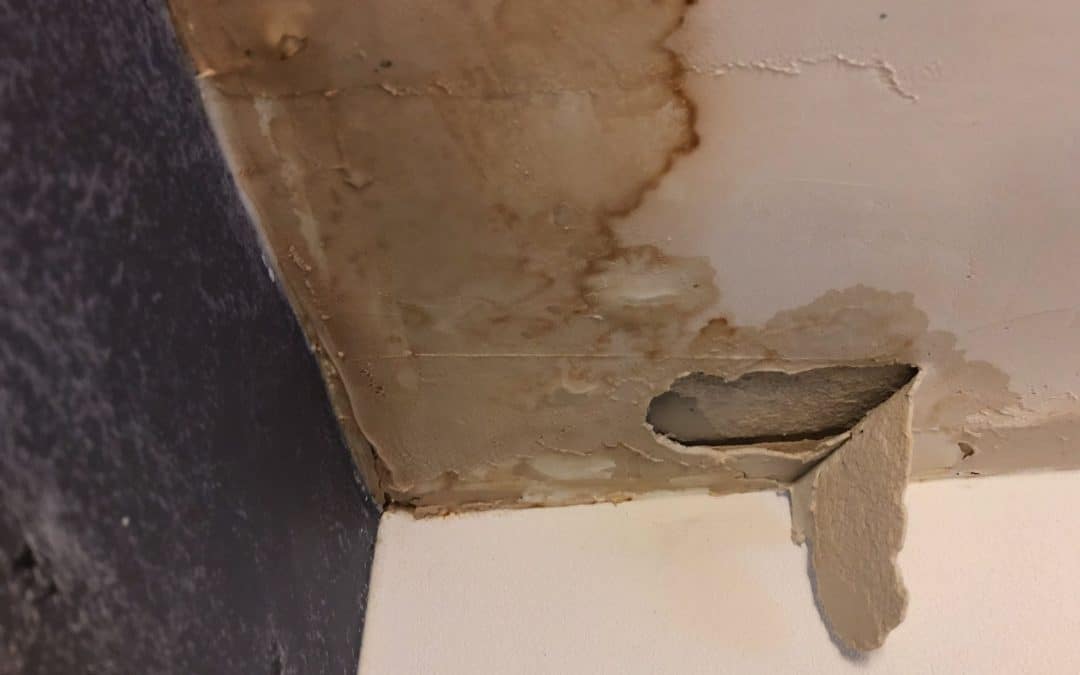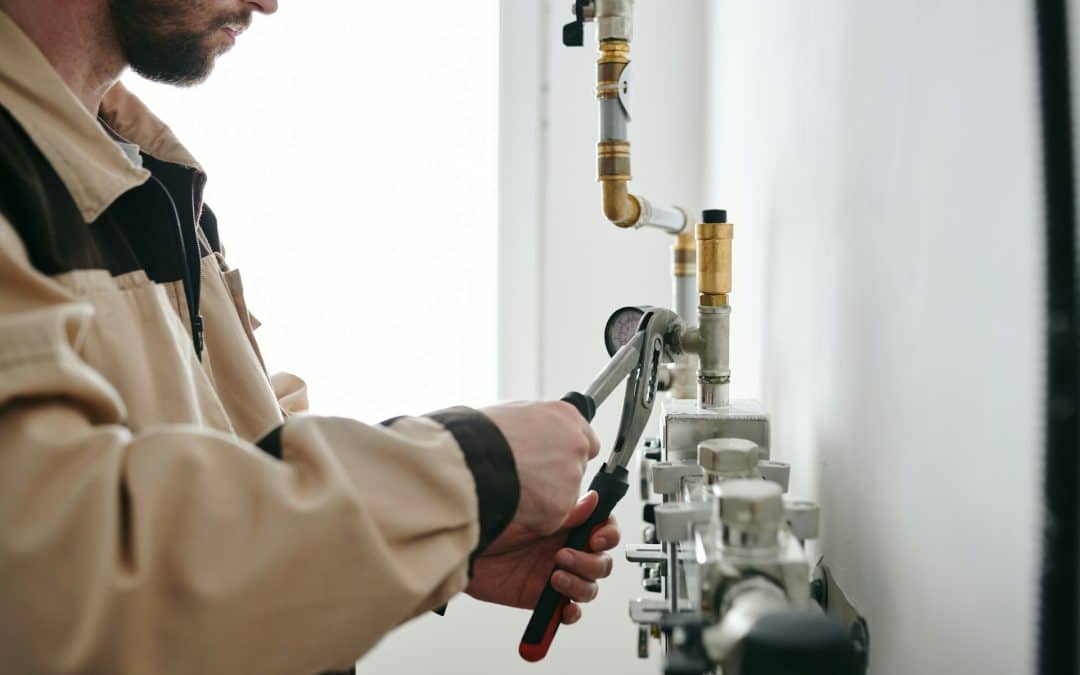Of the utilities that you’re in charge of paying for, water can be a huge one. A high water bill can not only be costly, but it could be indicative of a bigger plumbing problem. If you notice that your water bill keeps rising month to month, it’s important to start investigating why this might be.
Are your water bills higher than normal? Contact Plumbing Kings today for our leak detection and repair services!
How Much is the Average Water Bill in Las Vegas?
You may not realize, but the average person utilizes about 100 gallons of water a day. A bath alone uses 36 gallons to fill the bathtub. Although this number is subject to change, the average water bill for a family of four using those 100 gallons per person each day, is expected to spend around $70 per month on water usage. If you find that your monthly bill well exceeds that, it could be that you’re paying too much for something that could be fixed easily.
Signs You Are Paying Too Much for Water?
The cost of living in Las Vegas has increased greatly over the years. There’s no getting around paying to live, rent must be paid, and so does your utilities. However, you might have a little bit more control than you think.
If you find that month after month, your water is unusually high, it could be caused by factors that you can control. High water bills are often a sign of leak or change in water use. Some of these common causes include:
- A dripping faucet, no matter how tight you pull the handles
- A leaking toilet, or one that continues to run long after being flushed
- Watering the lawn, new grass or trees
- Water softener problems
- Kids or guests home more than usual
- Old outdated fixtures and toilets
- Bad water-wasting habits
- Later line leaks
- Water-cooled air conditioners
- A broken water pipe or a previous leak
- Humidifiers attached to the furnace that isn’t working correctly
What Might a High Water Bill Indicate?
If you notice yourself nodding and agreeing with some of the above-mentioned signs, it could be possible that you’re paying too much for water. It may not be just that long shower you take every morning or the number of clothes you own that need to be washed. High water bills could be indicative of some of the following common plumbing issues that need to be addressed:
Leaking Lateral Lines
Speaking of leaking, not all leaks happen indoors where you’re able to notice it. Sometimes the origin of leaks is from the outside, and even more, underground.
If you’re noticing a higher water bill but can’t detect any obvious causes, the water pipes underground leading into your home may be leaking.
This issue is a bit more complicated and severe than a leaky toilet or faucet. If you don’t notice any other of the signs above, it could be possible that your water line is being affected by this line break. There’s not much you can do on your end to remedy the situation besides contacting a professional to walk you through your options.
Old Toilets & Fixtures
Do you live in an old house with old toilets and fixtures? Although unique and beautiful, having old plumbing fixtures may end up costing you money in the long run. They may be less efficient than newer fixtures and may be prone to leaks.
To save money, replace the old plumbing fixtures with new energy-saving ones yourself, updating them to fit a more water-saving model. Many changes could be made to your plumbing that include new-modelling aerators for faucets, low-flow water-saving toilets, and water-saving shower heads. All will help with reducing your water bill for years to come.
Inefficient Appliances
If you’ve added a new appliance to your home recently, it could be consuming more water than you expect. While many newer appliances are designed to use water with a high degree of efficiency, you might have to enable these settings for yours, or it may not have them. Be sure to check that your appliance is using the optimal amount of water or if it’s using more than you expected.
Paying utilities is a big part of being a homeowner. If you notice an uncharacteristic increase in your water bill, it could be that your home is being affected by one or multiple of the reasons listed above. What’s best is to be proactive about the situation, which can help you save money while protecting your home from water damage.

